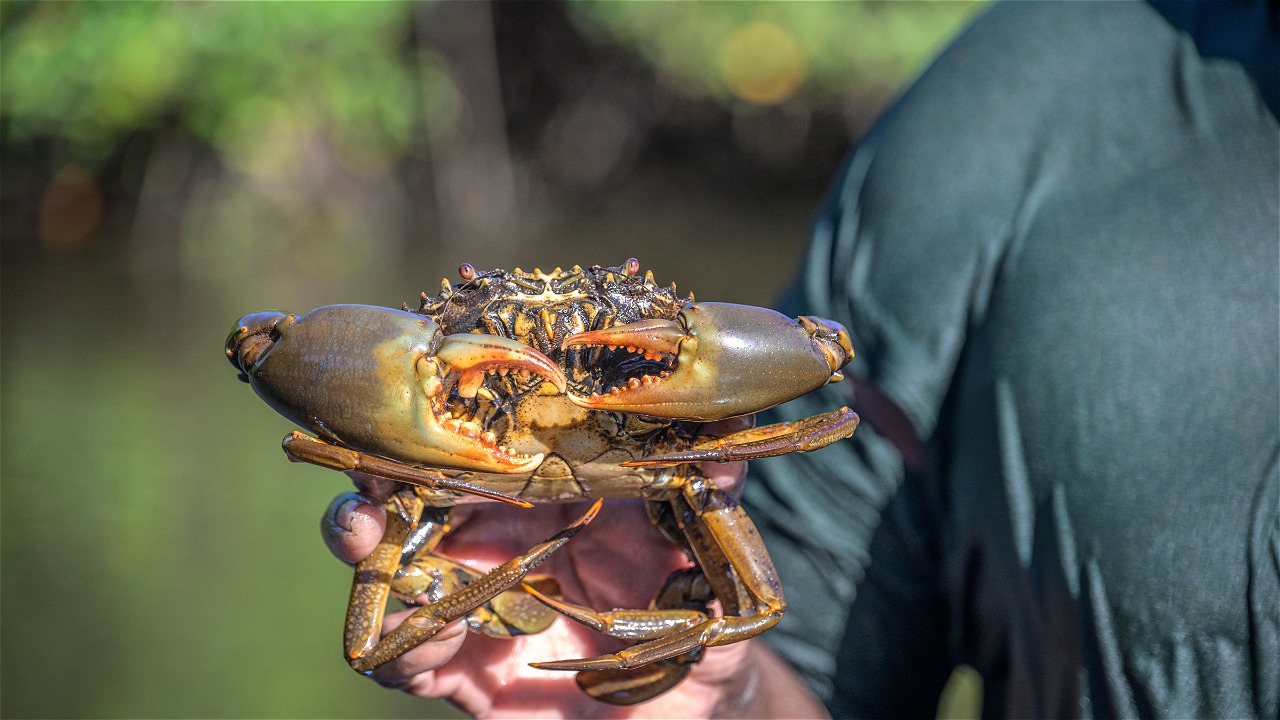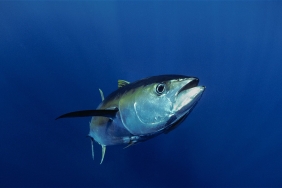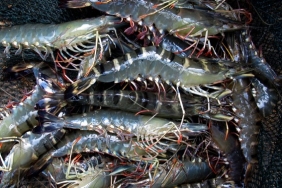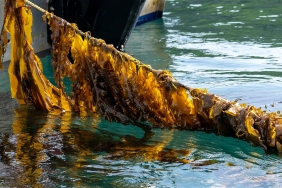PT. KEMILAU BINTANG TIMUR'S EFFORTS TO REALIZE A SUSTAINABLE CRAB FISHERIES BUSINESS
By: Faridz Rizal Fachri (Capture Fisheries Officer)
The crab processing industry has become a very potential fisheries business in Indonesia since the 1990s with the main export destination being the United States market. Price competition between producers became fierce, followed by the increasing production of crab catches in almost all areas of northern Java, eastern Sumatra, the Strait of Malacca and southern Sulawesi. Crab processing companies also spread in the northern region of Java such as Cirebon, Rembang, Demak, Pati, Jepara, Pemalang, Karawang, Jakarta to eastern Indonesia. One of them is PT Kemilau Bintang Timur (PT KBT) which operates in Jepara Regency, Central Java.
Crab processing activities by PT KBT began in 2003 with the main processing plant located in the Makassar Industrial Estate (KIMA) area. PT KBT started to open crab processing plants for Fish Management Units (UPI) in Karawang in 2005 and Cirebon in 2013. All crab products (pasteurized crab meat/canned) are exported to the US market. The uncertainty of crab raw materials and price fluctuations make this fishery business quite risky. With regard to this, PT KBT is committed to conducting more environmentally friendly and sustainable crab fishing practices referring to the principles of the Marine Stewardship Council (MSC) ecolabel certification. Improvements refer to this certification principle because MSC is the best certification system with the most complete coverage of sustainability aspects compared to other ecolabel certifications.
PT KBT does not use crab raw materials caught with mini-trawlers because these fishing gears carry many juveniles, resulting in a larger portion of bycatch species than target species and potentially damaging underwater habitats. The company also uses crab raw materials that comply with Ministerial Regulation No. 56 of 2016 as much as possible, i.e. the captured crab must be in a non-spawning condition and carapace width size above ten cm or weight above 60 grams per head. Moreover, PT KBT also initiated various improvement agendas with related stakeholders, including: local government, academics, entrepreneurs, associations, fishermen and other partner institutions. In line with this and as an initiation of an improvement program, PT KBT in collaboration with the Center for Brackish Water Aquaculture (BBPBAP) Jepara held a restocking crab seed activity in Rembang on November 15, 2017 with 200,000 seeds and Panjang Island, Jepara on May 23, 2017 with 700,00 seeds.
In addition, PT KBT together with related stakeholders and Seafood Savers developed a program plan to improve crab fisheries in the waters of Jepara Regency which has been identified as one of its supply chains. Given the need to improve crab fisheries practices, it is important that this program is also carried out in other supply chain locations, including UPIs in Makassar with raw materials from Pangkajene Islands (Balang Lompo) and Maros (Kurri Caddi). Identification related to crab fishing practices at these locations was conducted in September 2017.
It is hoped that in the future, the fisheries improvement programs that have been prepared in Jepara, Pangkajene Islands and Maros can be discussed together and involve all elements of stakeholders so that they can carry out their roles according to their respective capacities. As it is known that there are quite a number of challenges in answering every 3rd indicator of the MSC ecolabel principle to be achieved, some of these activities at least show that there is a concrete effort and enthusiasm together in carrying out the improvement program in line with the availability of environmentally friendly and clearly traceable seafood products in the market.





